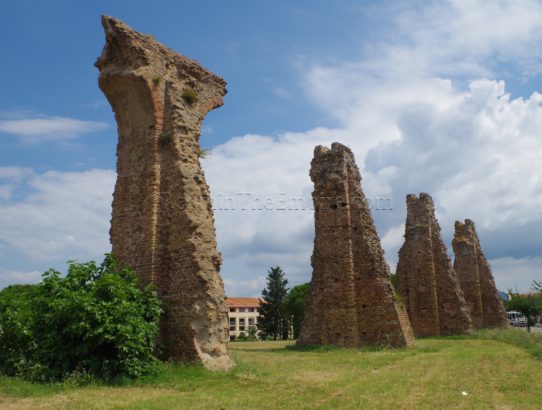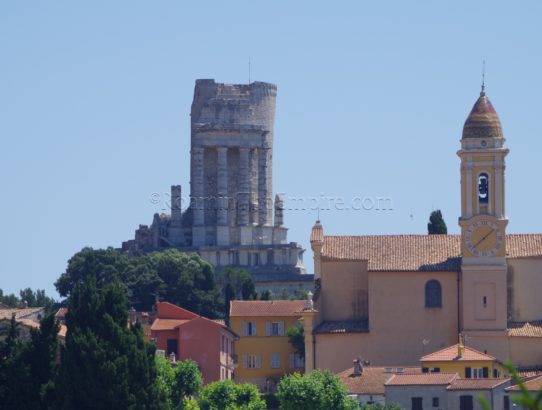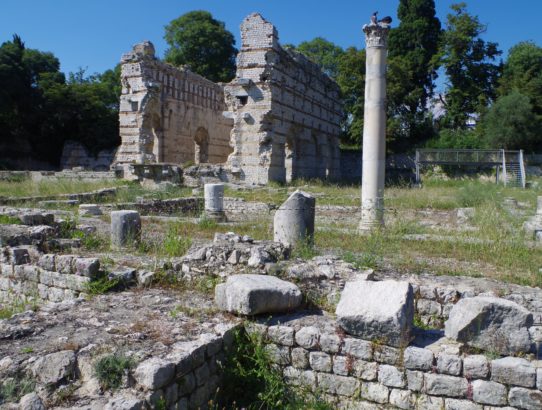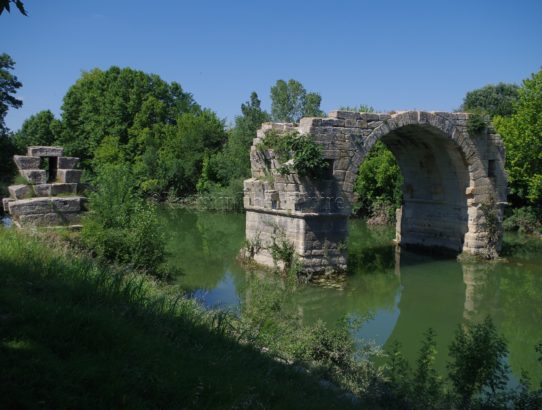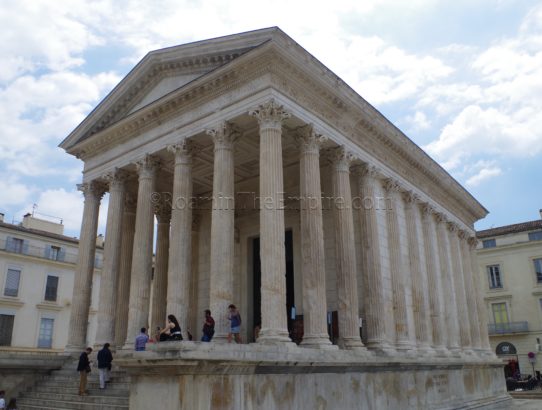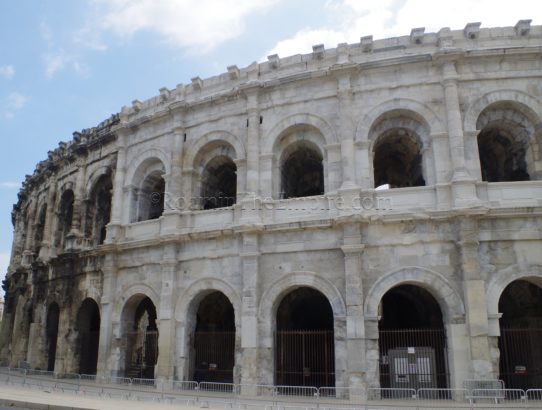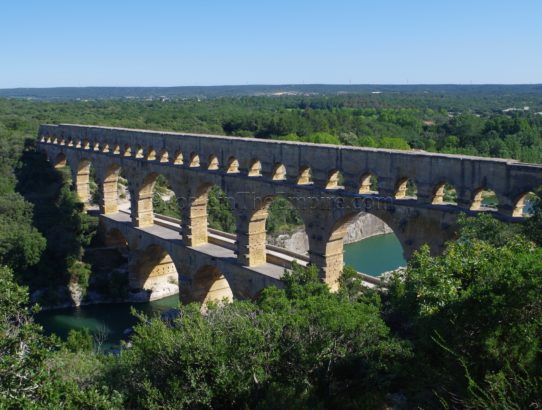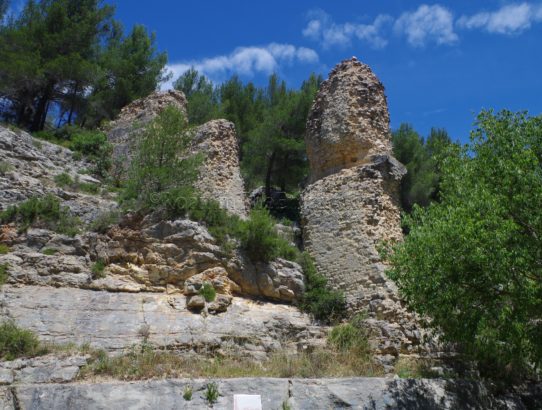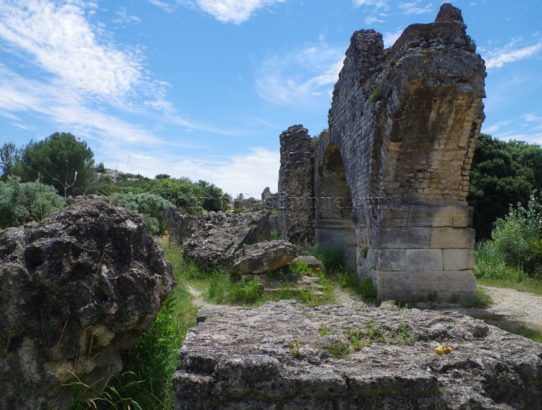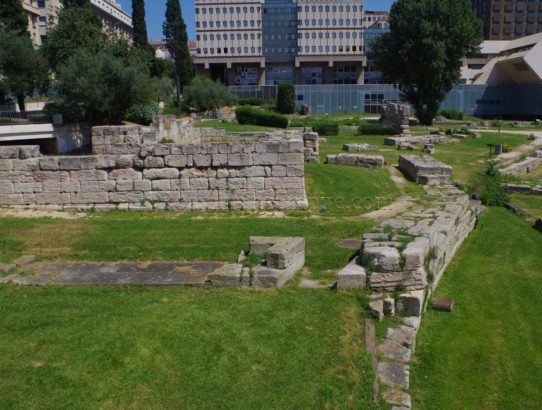Forum Julii, Gallia Narbonensis
History The exact date of the founding of Forum Julii, the ancient predecessor to modern Fréjus, is a bit unclear. The name suggests that it was founded by Julius Caesar, and as such, it is likely that it was founded somewhere around 49 BCE, perhaps as some sort of camp or supply station during Caesar’s…
Read More


